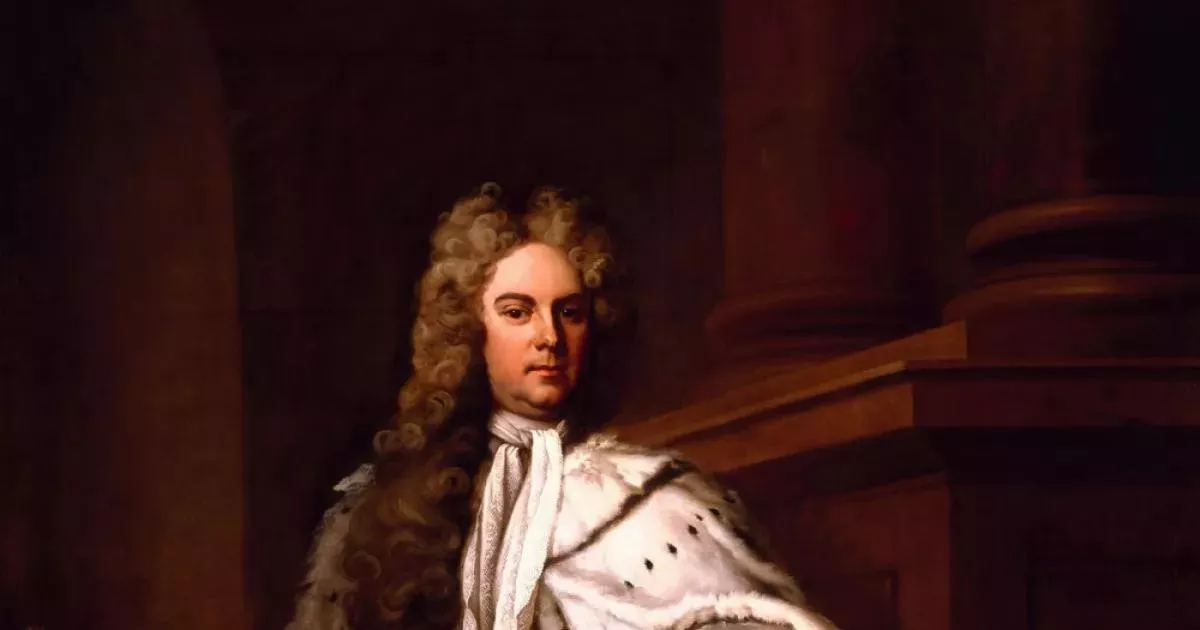The title "Duke" denotes a male monarch ruling a duchy or a member of royalty/nobility. In the hierarchy of rulers, dukes are below emperors, kings, grand princes, and grand dukes but above sovereign princes. Among royalty and nobility, dukes rank below princes and grand dukes. The term originates from the French "duc," derived from the Latin "dux," meaning "leader." In republican Rome, "dux" referred to military commanders without official rank, later evolving to signify a province's leading military commander. In most places, the female equivalent is "duchess."
1918: End of Reigning Dukes in Europe
In 1918, with the end of monarchy in Germany, reigning dukes ceased to exist in Europe, except for the Grand Duke of Luxembourg, a higher title.
1935: Transformation of Duke of Yansheng Title
The Nationalist Government changed the title of Duke of Yansheng, granted to Confucius's descendants, to Sacrificial Official to Confucius in 1935. This continues as a hereditary office in the Republic of China.
1936: Edward VIII becomes Duke of Windsor
Following his abdication in 1936, former King Edward VIII was granted the title of Duke of Windsor.
1981: Creation of Duke of Suárez
In 1981, the last non-royal hereditary dukedom was created, with the title of Duke of Suárez conferred upon former Prime Minister Adolfo Suárez.
2014: End of New Noble Titles in Spain
Since King Felipe VI's ascension to the throne in 2014, no new noble titles have been created in Spain.
Trending

36 minutes ago Andrew Torgashev's Olympic Body: No Pizza, No Panda Express, Just Success

36 minutes ago Malik Beasley inks deal with Bad Bunny's Puerto Rican basketball team

37 minutes ago Gogolev skates, Canada competes, and Malinin leads in Olympic figure skating.

37 minutes ago Joey Aguilar's eligibility, Tennessee QB future, and McElroy's opinion spark discussion.

2 hours ago Maxim Naumov: Figure skating debut at Olympics, honoring parents, spearheading men's figure skating.
2 hours ago Shelby Miller inks multi-year deal with Chicago Cubs bolstering bullpen.
Popular

Kid Rock born Robert James Ritchie is an American musician...
The Winter Olympic Games a major international multi-sport event held...

Barack Obama the th U S President - was the...

XXXTentacion born Jahseh Dwayne Ricardo Onfroy was a controversial yet...

Pam Bondi is an American attorney lobbyist and politician currently...

Michelle Obama is an American attorney author and former First...
